Goody Two-shoes
 We discover a big difference between a good person and a goody two-shoes. The first wants to live a respectable, moral life. The second acts self-righteous with a holier-than-thou attitude.
We discover a big difference between a good person and a goody two-shoes. The first wants to live a respectable, moral life. The second acts self-righteous with a holier-than-thou attitude.
A goody two-shoes tries to act better than everyone else.
However, that behavior comes from a self-serving motive. The person, also called a goody-goody, follows laws or rules more from pride or self-interest than beliefs. That often results in getting someone else in trouble.
Goody two-shoes people have existed since ancient times.
Jesus taught the importance of hearts made right with God rather than rituals of righteousness. People can follow the law but still hurt others. If their only concern is themselves, they have missed God’s message of love and forgiveness.
Instead of a focus on self, Jesus taught and lived to:
- Go beyond laws and customs – to go the second mile.
- Live humbly.
- Love and forgive.
- Help others.
Remain honest – a genuinely good person, not a goody two-shoes.
“Put on the new self, created to be like God in true righteousness and holiness” (Ephesians 4:24 NIV).
Thank you to Cynthia Shoemaker for the suggestion. Photo courtesy of Pexels with Pixabay.
Do you have an expression you want explained or a thought about this one? If so, please comment below.
Subscribe to receive my weekly posts by email and receive a free copy of “Words of Hope for Days that Hurt.”
If you enjoyed this post, please share it with your friends.

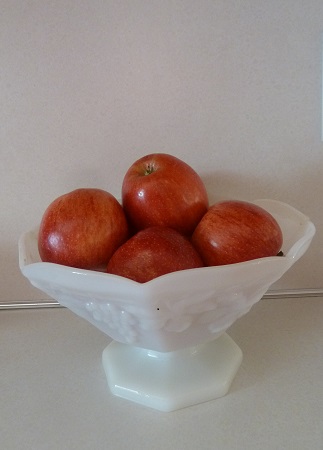
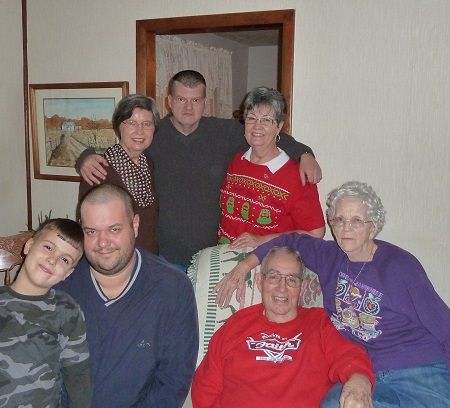
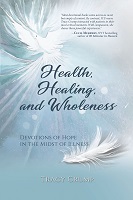
 When we serve soup, we want no bones about it. We may cook bones in our soup, but we take them out when we eat. Swallowed bones often result in a visit to the hospital.
When we serve soup, we want no bones about it. We may cook bones in our soup, but we take them out when we eat. Swallowed bones often result in a visit to the hospital.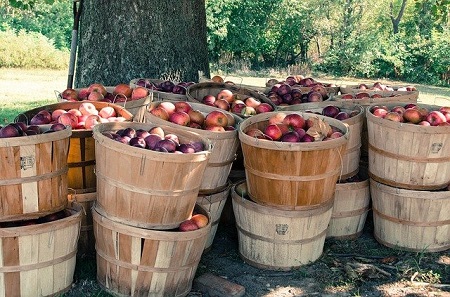 I grew up with the knowledge that my parents loved me a bushel and a peck. How did I know that? They told me many times. They also sang “
I grew up with the knowledge that my parents loved me a bushel and a peck. How did I know that? They told me many times. They also sang “ We love life on cloud nine. Something wonderful happens, and we feel
We love life on cloud nine. Something wonderful happens, and we feel 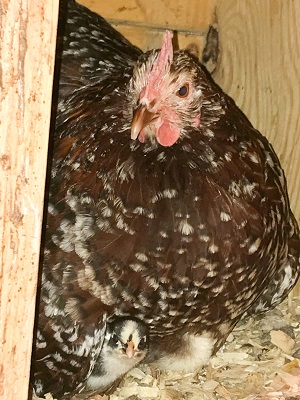 When a storm approaches, a mother hen gathers her baby chicks under her wing. She wants to keep them safe.
When a storm approaches, a mother hen gathers her baby chicks under her wing. She wants to keep them safe. At the end of the day means our final conclusion.
At the end of the day means our final conclusion.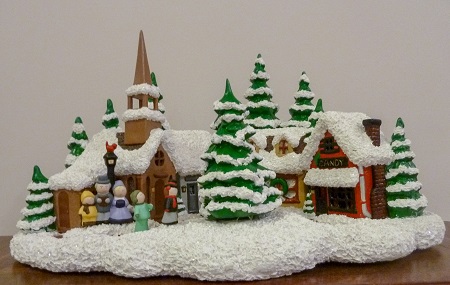 Deck the Halls is a traditional Christmas and New Year’s song.
Deck the Halls is a traditional Christmas and New Year’s song.